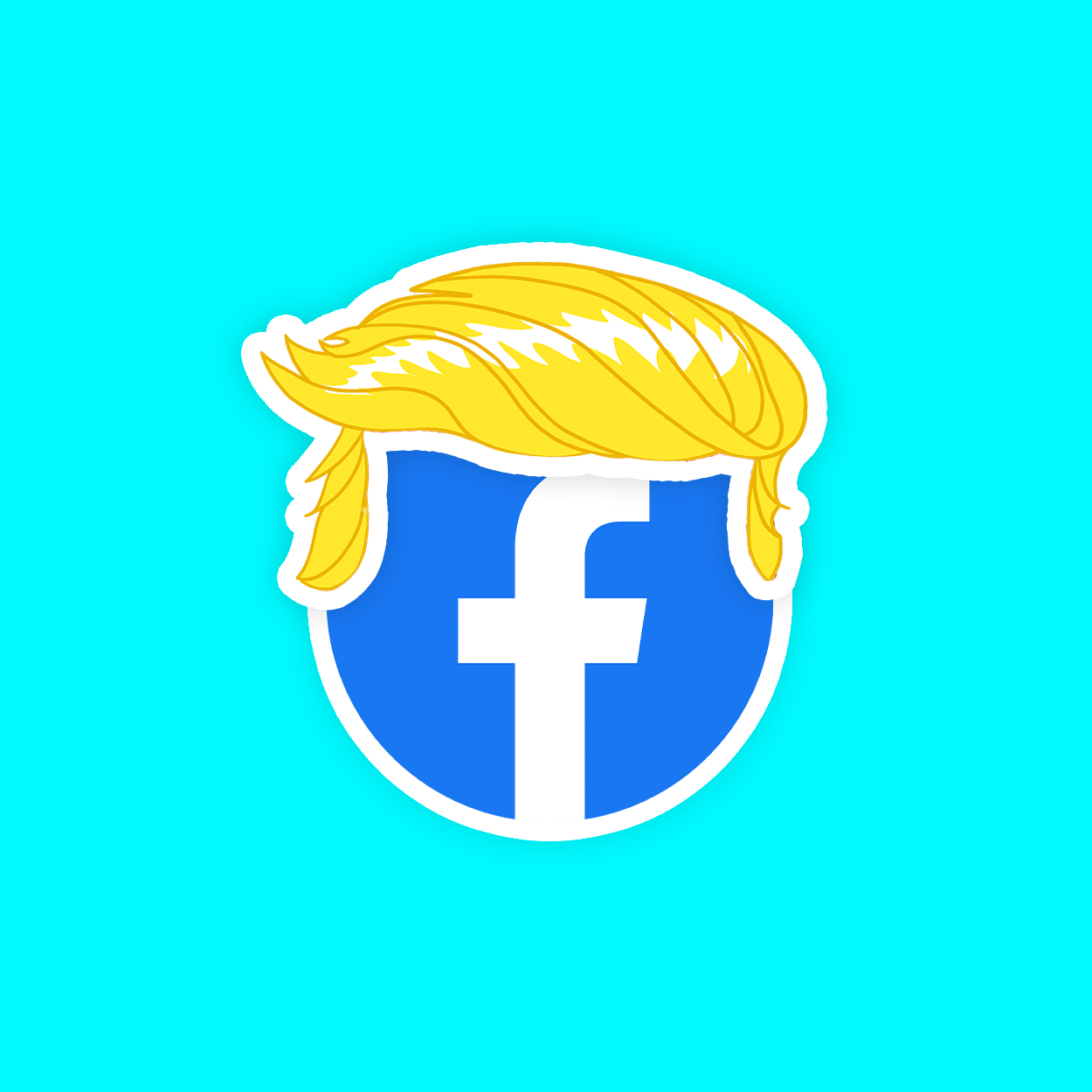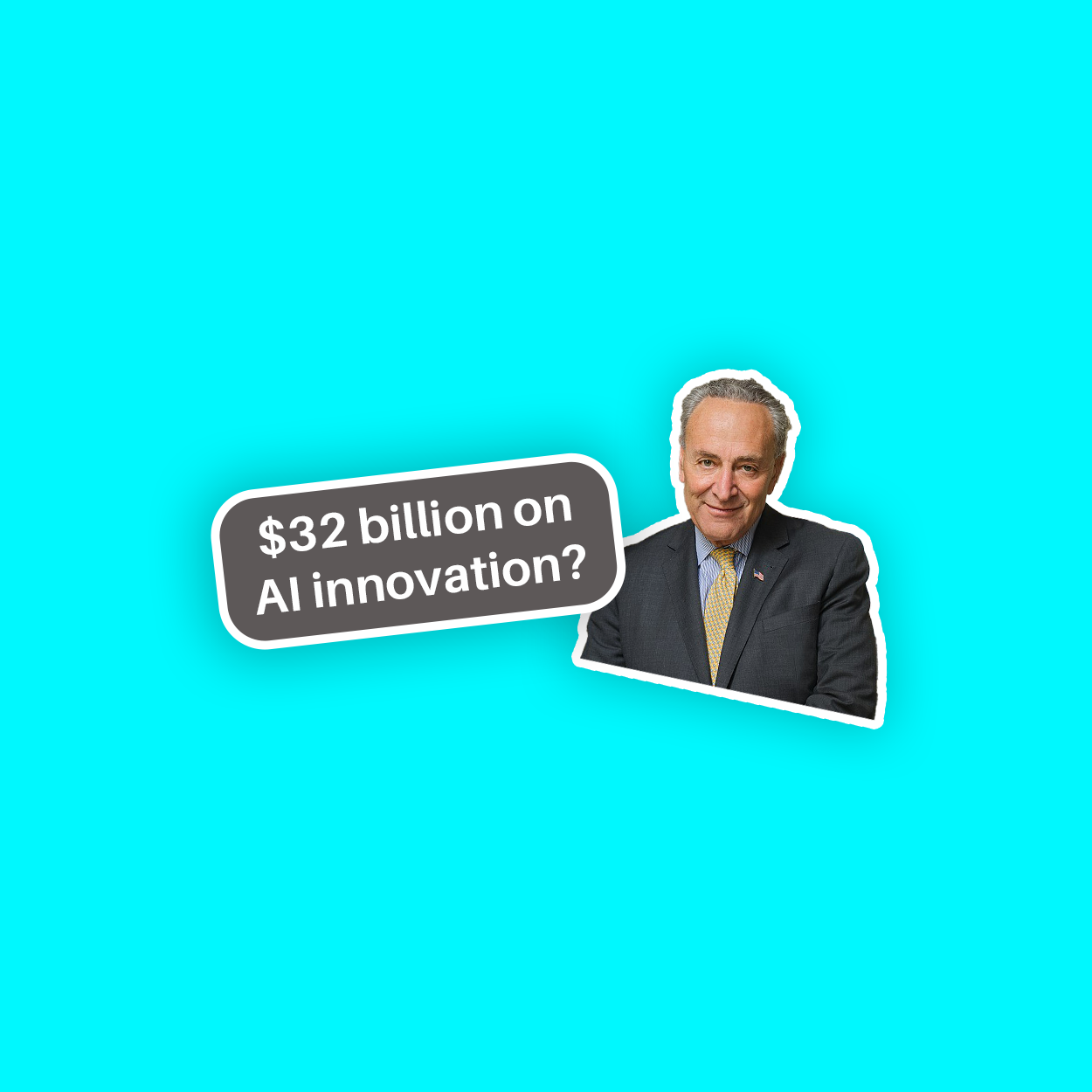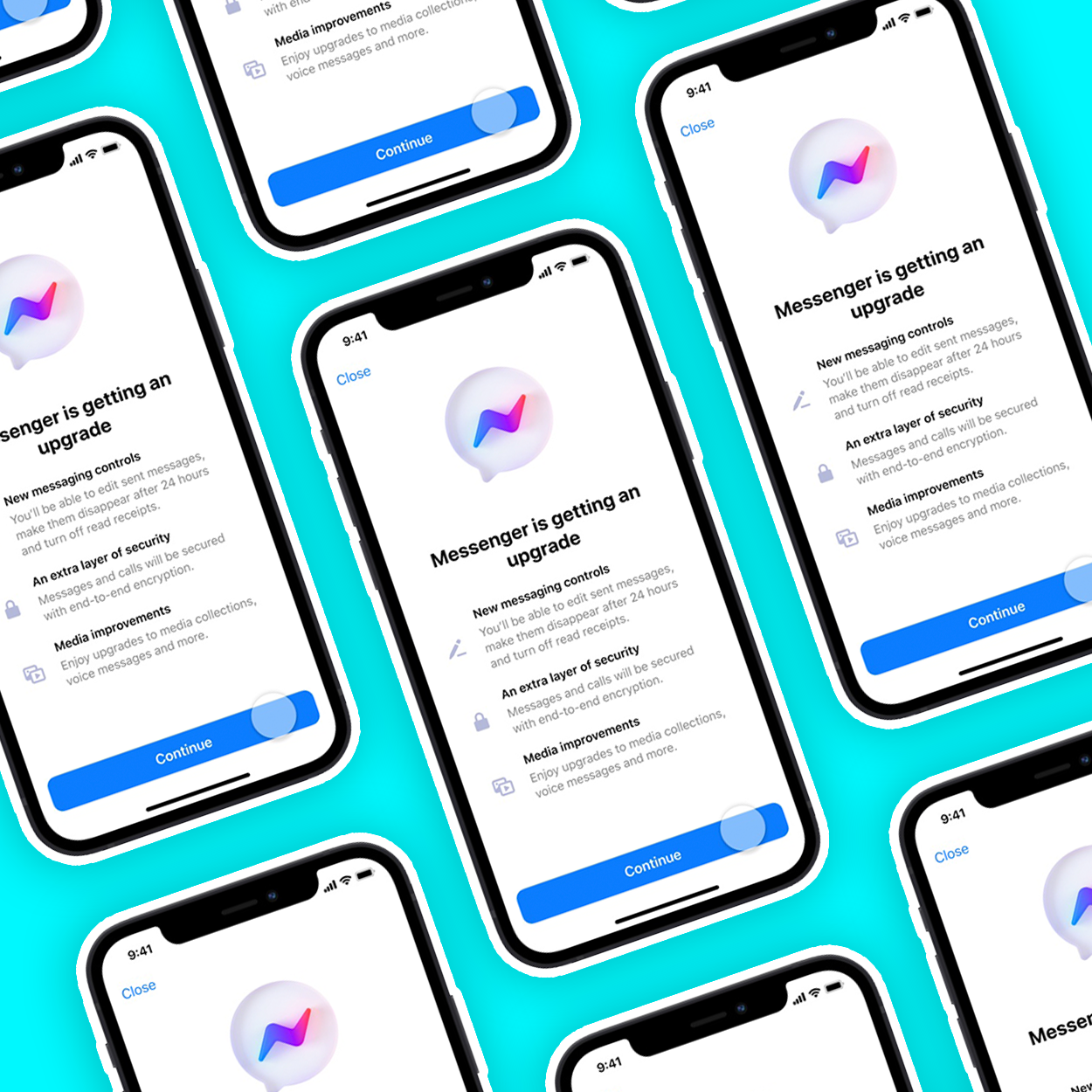In 2021, major social media companies took the important step of suspending then-President Donald Trump after he weaponized their platforms to incite a violent and deadly insurrection against the U.S. Capitol. These companies did so because Trump clearly and repeatedly violated their safety standards, because Trump spread misinformation that put the lives of law enforcement and American democracy at risk, and because Trump refused to veer from his violent and dangerous course.
Major Platform Actions Following the January 6th Attack |
||
| Platform | Latest Action | Date |
| Meta | Two-year suspension of Trump’s Facebook and Instagram accounts. Decision to be reviewed January 7, 2023. | 1/7/21 |
| Permanent ban of “r/DonaldTrump” subreddit group. | 1/7/21 | |
| Snapchat | Permanent ban of Trump’s account. | 1/13/21 |
| TikTok | Permanent removal of Trump’s speeches. | 1/7/21 |
| Permanent ban of Trump’s account. | 1/8/21 | |
| YouTube | Indefinite ban of Trump’s account. | 1/12/21 |
As Mark Zuckerberg himself wrote, Facebook suspended Trump because of his “use of our platform to incite violent insurrection against a democratically elected government.”
In the two years since, the situation has become far worse. Threats aimed at election officials and lawmakers have surged. Domestic terrorists have taken Trump’s cues and attacked federal law enforcement organizations. Many Trump supporters are now openly advocating for civil war. Trump himself has fanned the flames of this violence through his own social media network Truth Social. He has continued his baseless accusations of election fraud, amplified hate groups, and made direct appeals to extremists.
Now, as Trump contemplates running for re-election in 2024, major social media platforms may decide to revisit their decisions to suspend Trump. If they do, the violent consequences of their decisions will be dire – and the precedents they set will be dangerous.
As this memo outlines, there is no legitimate justification for major social media platforms to reinstate Trump. If anything, the case for keeping Trump off their platforms has only grown stronger given recent events and Trump’s own actions after being de-platformed. A private citizen announcing their candidacy for public office cannot be a blank check for inciting violence and spreading dangerous lies.
Social media companies have a fundamental responsibility to protect their users from inevitable and grievous harm. In deciding the fate of Trump, that responsibility will be tested: Will social media companies hand a flamethrower to an arsonist, or will they put the safety of their users first?
Trump Weaponized Platforms to Seed, Incite, and Exacerbate the Insurrection
| In the months leading up to January 6th, 2021, Donald Trump regularly used social media platforms to spread election misinformation and seed the ground for an insurrection. |
- Trump amplified voting lies in more than 400 tweets in the three weeks following election night, including mischaracterization of the ballot counting process, false declarations of victory, and baseless accusations of fraud. (New York Times, November 24, 2020)
- Trump’s election lies were among his most popular tweets as President. Out of his top ten most popular tweets while in office, four – retweeted by a total of 647,000 accounts and liked more than 4.1 million times – contained lies related to the 2020 presidential election. (CNBC, January 13, 2021)
- Trump regularly posted lies on Facebook, including two posts on November 15 and November 16, stating “I won the election!” Per Facebook-owned analytics platform CrowdTangle, those lies attracted more than 1.7 million reactions, 350,000 comments, and 90,000 shares in total. (Buzzfeed News, November 16, 2020)
- In the days leading up to the November 3rd election, Trump posted a selectively-edited video on YouTube to make it appear Biden was endorsing election fraud. By a week after election night, the video had been viewed more than 1.6 million times. (Bloomberg, November 10, 2020)
| As the end of his term neared, Trump used social media to organize the rally that would lead to the violent destruction of the U.S. Capitol, criminal charges of nearly 900 people in attendance, and the loss of five lives. |
- At 1:42 a.m. on Dec. 19, 2020, Donald Trump sent a tweet directly inviting supporters to Washington, D.C. on January 6th: “Be there, will be wild!” (New York Times, March 29, 2022)
- Court documents from the more than 800 criminal cases stemming from the Capitol riot found that in several cases, Trump’s tweet motivated rioters to make plans to come to Washington, D.C. In some cases, his tweet motivated insurrectionists to gather weapons and bring body armor. (NPR, July 15, 2022)
- Extremist groups widely interpreted Trump’s “will be wild” tweet as an invitation to descend on the Capitol, according to files gathered by the House committee investigating January 6th. Extremists began to set up encrypted communications channels, acquire protective gear and, in one case, prepare heavily armed “quick reaction forces” to be staged outside Washington. (New York Times, March 29, 2022)
- “There’s no question that the [social media] platforms were used in every step” of the riot, said [Kelly Born, executive director of the Cyber Policy Center at Stanford University], “from the heightening of tensions between these groups to really exacerbating the animosity to actually physically organizing, with people talking about bringing zip ties and rope and where to go and when.” (CNBC, January 13, 2021)
- Trump used social media to escalate the riot in real time, even as assailants presented an imminent threat to federal officials’ safety.
- After the rioters breached the Capitol in a hunt for congressional leaders, Trump tweeted “Please do not harm the Capitol police.” Walkie talkie audio uncovered by the January 6th committee reveals that Oath Keepers understood this tweet as a license to harm the group Trump did not mention — members of Congress. (January 6th Committee, September 25, 2022)
- As rioters surrounded the Capitol with chants to hang Mike Pence, Trump used Twitter to fan the flames, tweeting, “Mike Pence didn’t have the courage to do what should have been done to protect our Country and our Constitution.” (Politico, May 25, 2022)
- After using social media to organize and escalate the insurrection, Trump refused to use it to call off rioters for 187 minutes – despite pleas from many in his inner circle. (NPR, July 22, 2022)
- Online platforms recognized the growing threat.
- “If former president Donald Trump were any other user on Twitter, he would have been permanently suspended a very long time ago,” [a] witness said in pre-recorded testimony. (The Washington Post, July 22, 2022)
- In testimony to the January 6th commission, a former Twitter employee explained that the platform was worried about Trump’s direct appeal to extremists as early as September 2020, when he urged members of the violent far-right group the Proud Boys to ‘stand back and stand by’ during a presidential debate. “My concern was that the former president, for seemingly the first time, was speaking directly to extremist organizations and giving them directives,” the employee said of the September debate statement. ‘We had not seen that sort of direct communication before, and that concerned me.’” (The Verge, July 12, 2022)
- In the weeks immediately following the 2020 election, a concerned Facebook employee asked on an internal message board if the company’s warnings on false posts were effectively blunting the spread of Trump’s election lies. A data scientist noted that while applying the warning was slightly decreasing reshares, “the decrease is not going to change shares by orders of magnitude.” (Vanity Fair, November 17, 2020)
After January 6th, Platforms Took Steps to Suspend Trump
| In the aftermath of the January 6th attack, online platforms publicly acknowledged Trump’s danger and announced the removal of Trump from their platforms. Although each platform’s official stance varied, one thing was clear: Trump had crossed a point of no return, threatening public safety in a direct attack on American democracy. |
- Facebook and Instagram temporarily suspended Trump for two years effective January 7, 2021, with Mark Zuckerberg writing Trump “use[d]…our platform to incite violent insurrection against a democratically elected government.”
- “Given the gravity of the circumstances that led to Mr. Trump’s suspension, we believe his actions constituted a severe violation of our rules which merit the highest penalty available under the new enforcement protocols. We are suspending his accounts for two years, effective from the date of the initial suspension on January 7 this year.
-
- “[We] have allowed President Trump to use our platform consistent with our own rules, at times removing content or labeling his posts when they violate our policies…But the current context is now fundamentally different, involving use of our platform to incite violent insurrection against a democratically elected government. We believe the risks of allowing the President to continue to use our service during this period are simply too great.” (Mark Zuckerberg, January 7, 2021)
- Twitter permanently suspended @realDonaldTrump effective January 8, 2021 finding Trump’s activity was “highly likely to encourage and inspire people to replicate the criminal acts that took place at the U.S. Capitol on January 6.”
- “After close review of recent Tweets from the @realDonaldTrump account and the context around them — specifically how they are being received and interpreted on and off Twitter — we have permanently suspended the account due to the risk of further incitement of violence.
- “We assessed the two Tweets referenced above under our Glorification of Violence policy, which aims to prevent the glorification of violence that could inspire others to replicate violent acts and determined that they were highly likely to encourage and inspire people to replicate the criminal acts that took place at the U.S. Capitol on January 6, 2021.” (Twitter, January 8, 2021)
- YouTube indefinitely banned Trump on January 12, 2021, citing their “concerns about the ongoing potential for violence.”
- “After review, and in light of concerns about the ongoing potential for violence, we removed new content uploaded to Donald J. Trump’s channel for violating our policies. Given the ongoing concerns about violence, we will also be indefinitely disabling comments on President Trump’s channel, as we’ve done to other channels where there are safety concerns found in the comments section.” (YouTube, January 12, 2022)
- TikTok permanently removed Trump’s speeches in which he reiterated claims of a fraudulent election, noting on January 7, 2021 that they were in violation of the company’s misinformation policy.
- “Hateful behavior and violence have no place on TikTok,” a TikTok spokesperson told TechCrunch when we asked for a statement on the Capitol events. “Content or accounts that seek to incite, glorify or promote violence violate our Community Guidelines and will be removed.”(TechCrunch, January 7, 2021)
- Snapchat suspended ‘DonaldTrump’ on January 7 and permanently banned his account as of January 13, 2021, stating that the decision was “in the best interest of our Snapchat community” for the long term.
- “In the interest of public safety, and based on his attempts to spread misinformation, hate speech, and incite violence, which are clear violations of our guidelines, we have made the decision to permanently terminate his account.” (Politico, January 13, 2021)
- Reddit permanently banned the subreddit group “r/DonaldTrump” on January 7, 2021, given “repeated policy violations in recent days regarding violence at the U.S. Capitol.”
- “Reddit’s site-wide policies prohibit content that promotes hate, or encourages, glorifies, incites, or calls for violence against groups of people or individuals. In accordance with this, we have been proactively reaching out to moderators to remind them of our policies and to offer support or resources as needed…We have also taken action to ban the community r/donaldtrump given repeated policy violations in recent days regarding the violence at the U.S. Capitol.” (Axios, January 7, 2021)
- Google and Apple temporarily banned right-wing app Parler from app stores on January 8, 2021, citing “continued posting that seeks to incite ongoing violence,” and “threats of violence and illegal activity.”
- “We’re aware of continued posting in the Parler app that seeks to incite ongoing violence in the US,” a Google spokesperson said. “We recognize that there can be reasonable debate about content policies and that it can be difficult for apps to immediately remove all violative content, but for us to distribute an app through Google Play, we do require that apps implement robust moderation for egregious content. In light of this ongoing and urgent public safety threat, we are suspending the app’s listings from the Play Store until it addresses these issues.” (CNN, January 8, 2021)
- “We have always supported diverse points of view being represented on the App Store, but there is no place on our platform for threats of violence and illegal activity,” Apple said in a statement Saturday. “Parler has not taken adequate measures to address the proliferation of these threats to people’s safety. We have suspended Parler from the App Store until they resolve these issues.” In a letter to Parler, Apple’s app review board said, “We have continued to find direct threats of violence and calls to incite lawless action” on the social media platform. (NBC News, January 9, 2021)
Trump’s Rhetoric and Behavior Cited by Platforms has Escalated, not Subsided
| After being banned from major social media platforms, Trump launched his own platform, Truth Social, and resorted to his usual behavior: spewing conspiracy theories and sowing chaos. The tactics he’s employed on his own platform have escalated, not subsided. His danger to American democracy has grown with it. |
- Trump has repeatedly defended his post-election actions – and the actions of the insurrectionists – on Truth Social.
- Trump has continued to spread misinformation on Truth Social about the 2020 election.
- In August 2022, Trump went as far as to demand a new Presidential election: “…This is massive FRAUD & ELECTION INTERFERENCE at a level never seen before in our Country. REMEDY: Declare the rightful winner or, and this would be the minimal solution, declare the 2020 Election irreparably compromised and have a new Election, immediately!” (Truth Social, August 29, 2022)
- “The former president “ReTruthed” — retweeted, in Twitter terms — a post by a person named “scottolsen” who claimed that neither the former president nor his supporters wanted to storm the Capitol on January 6 2021, but instead forwarded a completely debunked conspiracy theory that the FBI worked with antifa to spur the riot.” (The Independent, July 28, 2022,)
- Trump has used Truth Social to target federal officials, inciting his supporters to threaten – and engage – in violence against the FBI.
- After the DOJ search of Mar-a-Lago, Trump used Truth Social to stoke conspiracy theories and sow anger at FBI officials. (Yahoo News, August 15, 2022)
- In the weeks since the FBI’s raid of Mar-a-Lago, Trump has shared numerous posts criticizing and spreading disinformation about the FBI, including that the agency colluded with Antifa. (Forbes, August 30, 2022)
- Trump has repeatedly shared posts amplifying conspiracy theories and hate groups.
- In a stream of Truth Social posts in August 2022, Trump shared over a dozen posts from accounts with known ties to hate symbols and debunked conspiracy theories, including accounts with references to QAnon and a meme branded a “hate symbol” by the Anti-Defamation League. (Business Insider, August 14, 2022)
- “In a 24-hour period this week, former President Donald J. Trump posted to his social media platform, Truth Social, 88 times, amplifying one conspiracy theory after another. Among his unsupported claims: A retiring F.B.I. agent was behind both the search of his Mar-a-Lago property on Aug. 8 and the investigation into his campaign’s possible ties to Russia; a forthcoming report will prove widespread corruption against his 2016 campaign; and he should be reinstalled as president because the 2020 election was fraudulent.” (New York Times, September 2, 2022)
Threats of Political Violence and Against Democracy Have Grown Even More Dire
| The result of Trump’s chaos and lies – both on platforms and off – have resulted in a more divided, more radical, and more violent America. The current national landscape is a tinderbox prone to explode. Gun sales have increased, threats of violence against elected officials have increased, and more Americans believe violence against the government is justified. |
- Terroristic threats aimed at election administrators, law enforcement officers, and public officials have surged.
- “The justice department set up a special taskforce to protect election officials after more than 1,000 were directly threatened over their unwillingness to declare Trump the winner in 2020. Many have quit or intend to do so before the 2024 presidential election because of “politicians’ attacks on the system and stress.” (The Guardian, August 20, 2022)
- Members of Congress, including Adam Kinzinger, Liz Cheney, and Nancy Pelosi, have received a significant uptick in death threats, forcing several to undergo security upgrades. (Brookings, August 15, 2022)
- A gunman wearing body armor was killed trying to breach the FBI office in Cincinnati, Ohio. Prior to the attack, he had used Truth Social to advocate for a violent uprising in response to the Mar-a-Lago search. (Washington Post, August 11, 2022)
- Political violence is increasingly viewed as the norm.
- As of January 2022, about 1 in 3 Americans reported a belief that violence against the government can be justified, the largest share in more than two decades. (Washington Post, January 1, 2022)
- A survey for the California Firearm Violence Research Center showed that half of Americans expect a civil war in the United States in the next few years, and one in five thought political violence was justified in some circumstances. While almost everyone said it was important for the US to remain a democracy, about 40% said that having a strong leader was more important. (Garen J. Wintemute, July 7, 2022)
- Trust in democratic institutions is at historic lows.
- As of June of 2022, public trust in government was nearing an all-time low – with just 1 in 5 Americans saying that they trust the government to do the right thing. (Pew Research, June 6, 2022)
- Americans’ trust in election integrity has continued to drop since the January 6th insurrection. As of January 2022, 20% of Americans were “very confident” in the integrity of our elections compared to 37% in January of 2021. (ABC, January 6, 2022)
- Far-right Americans are preparing for — and embracing — conflict.
- Many Trump supporters are now openly advocating for civil war, particularly after the FBI executed a search warrant of Mar-a-Lago in August 2022. (The Hill, August 11, 2022)
- The sale of firearms in the United States increased sharply during 2020-2021 compared to 2019, with a massive five million adults becoming gun owners for the first time between January 2020 and April 2021 compared to 2.4 million adults in 2019. (The Guardian, December 20, 2021)
By the Standards Social Media Companies Set On Their Own, Trump Should Not Be Allowed Back Onto Platforms
| Meta is the only social media platform that has not permanently or indefinitely suspended Donald Trump. Following its initial ban, Meta set specific requirements for Trump’s accounts to be reactivated. Trump’s online conduct falls far short of the bar Meta has set. |
- In June of 2021, Meta issued a statement saying that it would consider reinstating Trump’s Facebook and Instagram accounts in two years if there is no longer a risk to public safety.
- “We will look to experts to assess whether the risk to public safety has receded. We will evaluate external factors, including instances of violence, restrictions on peaceful assembly and other markers of civil unrest. If we determine that there is still a serious risk to public safety, we will extend the restriction for a set period of time and continue to re-evaluate until that risk has receded.” (Meta, June 4, 2021)
- Trump’s two-year Facebook suspension could come to an end on January 7, 2023. Per Facebook’s own criteria, Trump’s accounts should not be reinstated.
- Trump’s posts on social media are already inciting violence against election officials and federal offices as well as eroding public confidence in election integrity, especially among his supporters. Trump’s extremism threatens to fan the flames of an already-tense state of democracy. As more right-wing Americans gear up for armed conflict, civil unrest is a real and constant threat.
In recent months, it has become increasingly apparent that former President Donald Trump will run for the Republican nomination again next cycle, will enter the race as the overwhelming favorite, and may formally declare his candidacy in short order.
At the same time, it has become clearer than ever that American democracy is teetering on the brink of disaster, that threats of political violence and to our foundational institutions have expanded since 2020, and that Trump will use all tools at his disposal to ignite the tinderbox.
Online platforms must recognize this growing threat. In 2021, major social media companies took the important step of suspending Trump after he weaponized their platforms to incite a violent insurrection on the U.S. Capitol last cycle. Now, they will surely feel renewed pressure to reinstate Trump, particularly if he does indeed become an official candidate and presumptive presidential nominee.
As the only major platform to set guidelines for Trump’s reinstatement, Facebook’s standards — and Trump’s ongoing, blatant violation of them — should be a barometer for other platforms’ decisions. It is clear that Trump will continue to engage in the reckless and violative behavior that resulted in his suspension from major platforms and neither Facebook nor other social media companies should re-activate his accounts.
As this memo makes clear, there is no legitimate justification to do so. To reinstate Trump on these platforms would be tantamount to handing flamethrowers to an arsonist. Trump used these platforms to sow and incite a violent insurrection against our democracy, and his dangerous online behavior hasn’t just continued in the aftermath of January 6th – it has gotten markedly worse. Social media companies have a responsibility to protect their users from harm. They have the power to prevent another violent insurrection on our government – and they must act accordingly.








